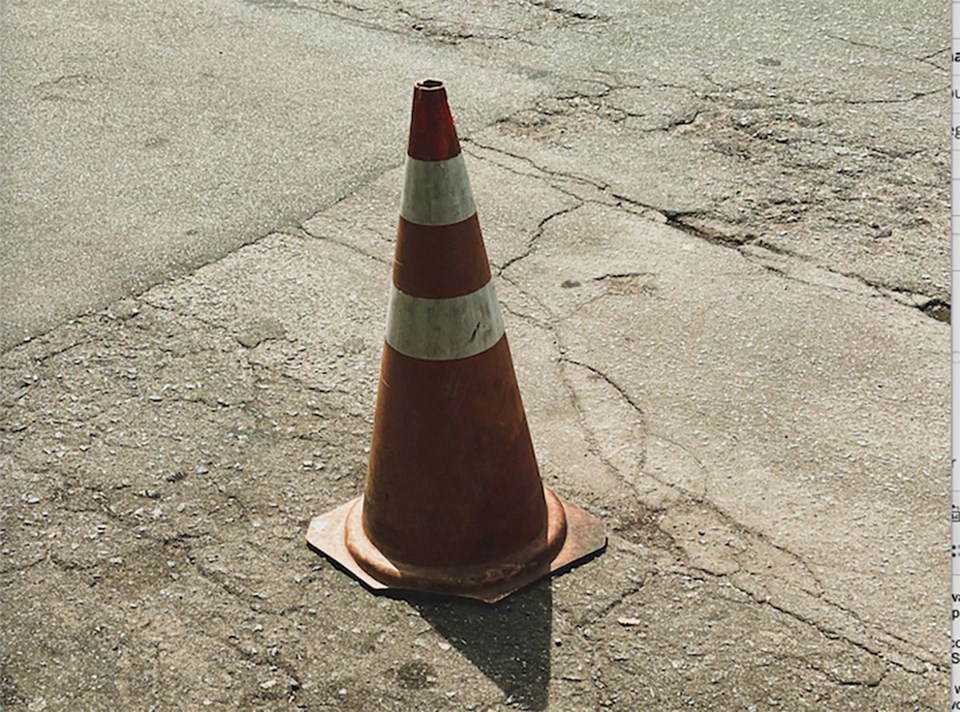REGINA – Saskatchewan Government Insurance (SGI) is standing firm on its decision to assign fault to a Hundseth Power Line Construction employee in a recent roadside collision, despite the company’s demand for a reversal.
Hundseth argues the collision was caused when a member of the public unlawfully entered the work area, and says SGI’s ruling contradicts both the Saskatchewan Traffic Safety Act and SGI’s own public safety messaging, including its “Slow Down, Move Over” campaign.
“Our trained crew was working inside a restricted, properly signed work zone," said Amanda Krenbrink, vice president of safety and human resources for Hundseth Power Line Construction. "A member of the public ignored those controls and caused a collision. Yet somehow, SGI has decided our worker is 100 per cent at fault. This is wrong, this is dangerous, and it sends the message that drivers can ignore barricades and face no accountability. That puts every roadside worker in Saskatchewan at risk.”
In response to inquiries from SaskToday, SGI’s communications consultant Michaela Solomon said the insurer doesn’t comment on individual claims in detail but confirmed the matter had undergone an extensive review.
“In this situation, the claim has been thoroughly reviewed – well beyond a typical claim – by SGI, including by managers in SGI’s Auto Compliance and Traffic Safety Community Engagement departments,” said Solomon. “The determination of fault stands.”
SGI said it was determined, based on evidence, including witness statements and photos of the scene submitted to SGI by the contractor, that the construction zone in question had not been effectively closed.
“By not effectively controlling traffic that enters a construction area, it is reasonable for the public to assume it is safe to enter the area, which is what we believe happened in this case,” said Solomon. “This resulted in a collision when a member of the construction company backed into a vehicle being driven by a member of the public.”
Hundseth, however, disputes SGI’s assessment.
“The work zone was effectively closed, it is never reasonable for the public to assume it is safe to enter the work area, closed off with pylons and working signs,” said Krrenbrink. "The work zone was established in full compliance with the Traffic Safety Act and the City of Regina’s approved traffic accommodation plan and rules. All signs, barricades, and controls were in place as required."
She said the unlawful action came from a driver who ignored those barricades and entered a closed work zone.
“This isn’t just our standard, it is the law under the Saskatchewan Traffic Safety Act,” said Krenbrink. “Drivers must obey all signs and barricades. The responsibility lies with the motorist who broke the law, not the worker who followed it. The driver grazed the pylon and then contacted the truck.”
Hundseth argued that the decision undermines safety messaging and sends a dangerous signal to drivers that traffic control devices can be ignored without consequence. But SGI responded saying, they “respectfully disagree, due to the evidence we based our decision on.”
Regarding appeals, SGI confirmed that fault determinations can be reconsidered if new evidence is submitted. Liability decisions may also be challenged through small claims court. Demerit points assessed in connection with the collision can be appealed via the Highway Traffic Board, though the board doesn’t have authority to change decisions regarding liability.
SGI declined to comment on whether any charges were laid against the employee, citing privacy concerns.
Story updated to include additional comments from Hundseth.




